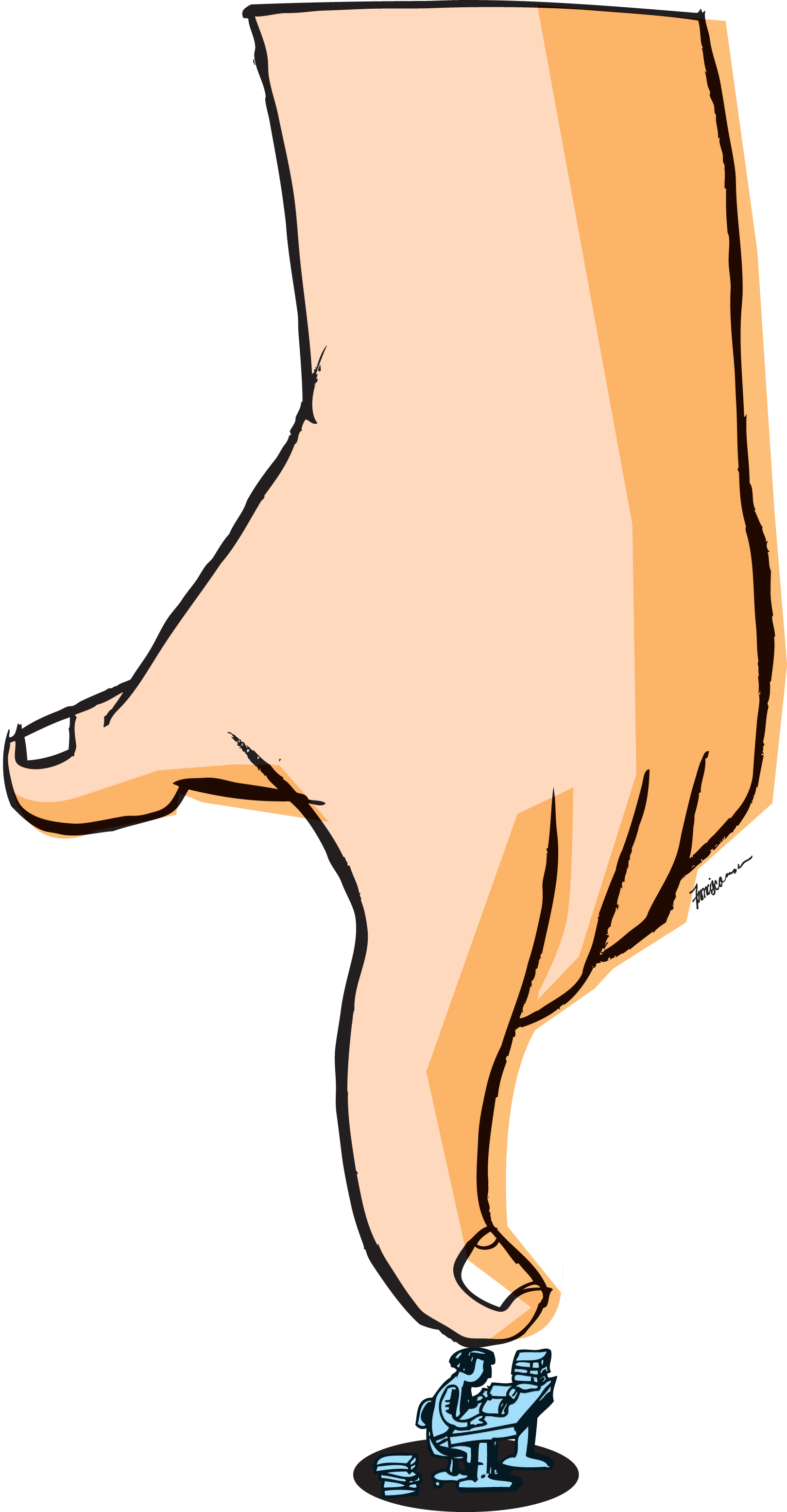Are school results an accurate indicator of whether your child is balanced and healthy? Not if you are Asian!
When children from other cultures are not doing well, their results are a clear indicator, but the Asian child might be doing brilliantly in school and yet suffer from tremendous issues such as mental illness. Dr Josephine Kim, from the Harvard Graduate School of Education, shared this in a parents' seminar titled Helping Children Flourish: Growth In Resilience, Empathy And Hope, organised by the Guidance Branch of the Ministry of Education.
A student who is doing poorly in school will generally trigger the alarm bells of teachers and parents. On the other hand, a student with excellent results who is unable to socialise might raise a few eyebrows but will not come across as someone who needs help. As a result, the underlying problems are not addressed; these children will not do well in life or in society. Sometimes, there might even be serious consequences, and they could become misfits in society.
During the talk, Dr Kim touched on the six aspects of a balanced and healthy child - intellect, physical, emotional, moral, spiritual and social. If a child is too focused on one, for example on the intellect, he or she might be overstimulated in this area and underdeveloped in another, which are both unhealthy.

Most parents are concerned about academic results. When we see our child after a day of school or work, the first thing we ask is: "How did you do for your spelling? Do you have any homework?" Is this a sign that we are too focused on one aspect? Probably so. Yes, there should be study time, but this must be balanced with appropriate rest and playtime. Good questions that we could ask children when they return home from school might be: "What was the highlight at school today?" or "What was so special in school today?"
Play seems to have a bad name with the Asian parent - even when we buy birthday and Christmas presents for children, educational games are perceived as the "right" choice. Dr Maureen Neihart, the other speaker at the seminar, emphasised the importance of doing something fun daily and weekly - this boosts our positive emotions and in turn makes us more resilient. This is so important that she advocates consciously scheduling at least two hours a week for such activities. Dr Neihart, who is an associate professor and the head of psychology at the National Institute of Education (NIE), reminded the audience that watching TV does not count!
In an article titled Taking Play Seriously, Dr Michael Chia, who is professor of paediatric exercise physiology at NIE, explains that play is critical for a child to thrive. Play provides an opportunity for the child's creativity and imagination to blossom. During play, children learn to solve problems and make decisions; inadvertently, it enables them to develop socially, emotionally and physically.
I remember when I was about nine, I had lots of fun and imaginative play with paper dolls with my sisters and friends. We drew and coloured our own paper dolls as well as paper clothes for the dolls. Creating our own toys and engaging in imaginative play with them enhanced our creativity and honed our social skills.
Rest also seems to have a bad name with the Asian parent - yet, sleep is one of the most important things we need, especially for the developing child and the growing teenager. These days, it is not uncommon to see children and teenagers still shopping with parents at the mall or having meals at a food court late in the night.
Did you know that pre-schoolers and teenagers need the same amount of sleep (10 to 12 hours a day)? Many parents at the seminar were surprised when Dr Neihart pointed this out. Sleep deprivation (getting less than six hours of sleep a day) can lead to many problems as our brains get to rest only when we are sleeping. Dr Kim reiterated this point, adding that inadequate sleep makes a child more prone to depression. In retrospect, my parents seemed to understand the need for children to have long hours of sleep - they made sure that my sisters and I were in bed by 7.30pm when we were young.
So, remember to let your child play and rest. Yes, you can still tell them to "go study", but in moderation. Throw in lots of ways to show them your unconditional love. If you think your children know you love them, think again. I have spoken to many children in my long career in the schools and, sadly, I have heard this too often: "My daddy and mummy don't love me; they are always scolding me about my results." Our children need to know that our love for them is not based on their results or what they achieve - but we love them for who they are, not what they do.
The writer was a principal for 18 years in Kheng Cheng School, Radin Mas Primary and South View Primary. She is a lead associate, focusing on partnerships and engagement, in the engagement and research division of the Ministry of Education.
